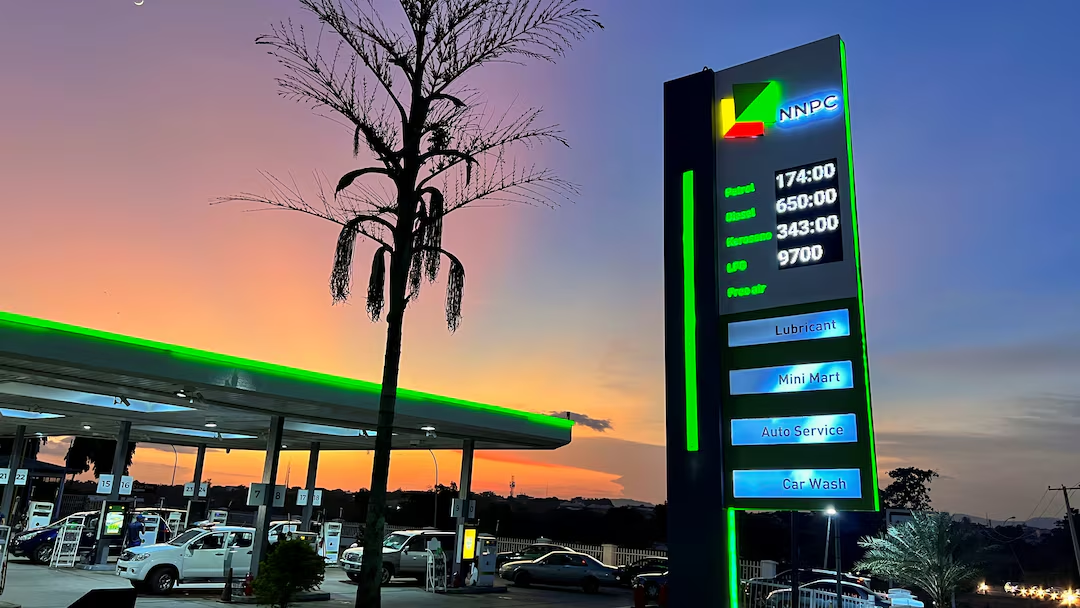
NNPC Declares Major Victory Over Pipeline Theft, Oil Production Poised for Historic Surge
The Nigerian National Petroleum Company Limited (NNPC Ltd.) has announced a significant breakthrough in its long-standing battle against oil theft, declaring that pipeline vandalism and crude theft have been “nearly eliminated.”
For decades, oil theft plagued Nigeria’s petroleum industry, draining billions of dollars in revenue and crippling the nation’s economy. At its peak, industry reports revealed that only about 30% of crude oil pumped from fields made it to export terminals, with the rest lost to theft, illegal bunkering, and sabotage.
However, in a new statement released this week, NNPC confirmed that coordinated efforts with security agencies, advanced surveillance systems, and stricter monitoring have reversed the trend. The company noted that nearly 100% of crude oil pumped is now reaching its intended destinations, a feat experts are describing as “the most decisive win against oil theft in Nigeria’s modern history.”
Oil Production Set to Climb Above 2.5 Million Barrels Per Day
With pipeline integrity restored, NNPC forecasts that Nigeria’s oil production could surpass 2.5 million barrels per day in 2026. This would mark the country’s highest crude output since 2005, positioning Nigeria to reclaim its place as Africa’s top oil producer and a major global supplier.
Speaking on the development, NNPC’s Group Chief Executive Officer, Mele Kyari, said:
“This is a turning point for Nigeria’s oil and gas sector. For years, criminal activities robbed our nation of its wealth, but today, thanks to the collaboration of government agencies, communities, and technology, we are on track to deliver energy security and economic growth.”
Economic Implications
Nigeria’s economy, heavily reliant on oil revenues, stands to gain immensely from this breakthrough. The International Monetary Fund (IMF) estimates that with stabilized production, Nigeria could increase its foreign reserves and generate an additional $15 billion annually. This boost could also strengthen the naira, reduce borrowing, and support the Federal Government’s infrastructural projects.
Energy analysts further predict that the elimination of theft could encourage foreign investments in Nigeria’s oil sector, especially from companies that had previously scaled down operations due to insecurity and losses.
Community and Security Role
Security experts credited the Nigerian Navy, Civil Defence, and local vigilante networks for their role in safeguarding oil infrastructure. Several new surveillance contracts with local firms also contributed to tighter monitoring of the Niger Delta pipelines.
Additionally, government engagement with host communities has reduced sabotage incidents, as more locals are now involved in legitimate surveillance and pipeline protection contracts, providing jobs and discouraging illegal bunkering.
Looking Ahead
While NNPC’s announcement has been widely celebrated, experts caution that sustainability will depend on continuous vigilance. Oil theft has historically been a deeply entrenched problem, with powerful networks benefiting from the illegal trade.
For now, however, Nigeria is set to reap the benefits of a more secure and productive oil sector. If projections hold, the nation could be on the path to restoring investor confidence and achieving unprecedented crude output in the coming year.





















